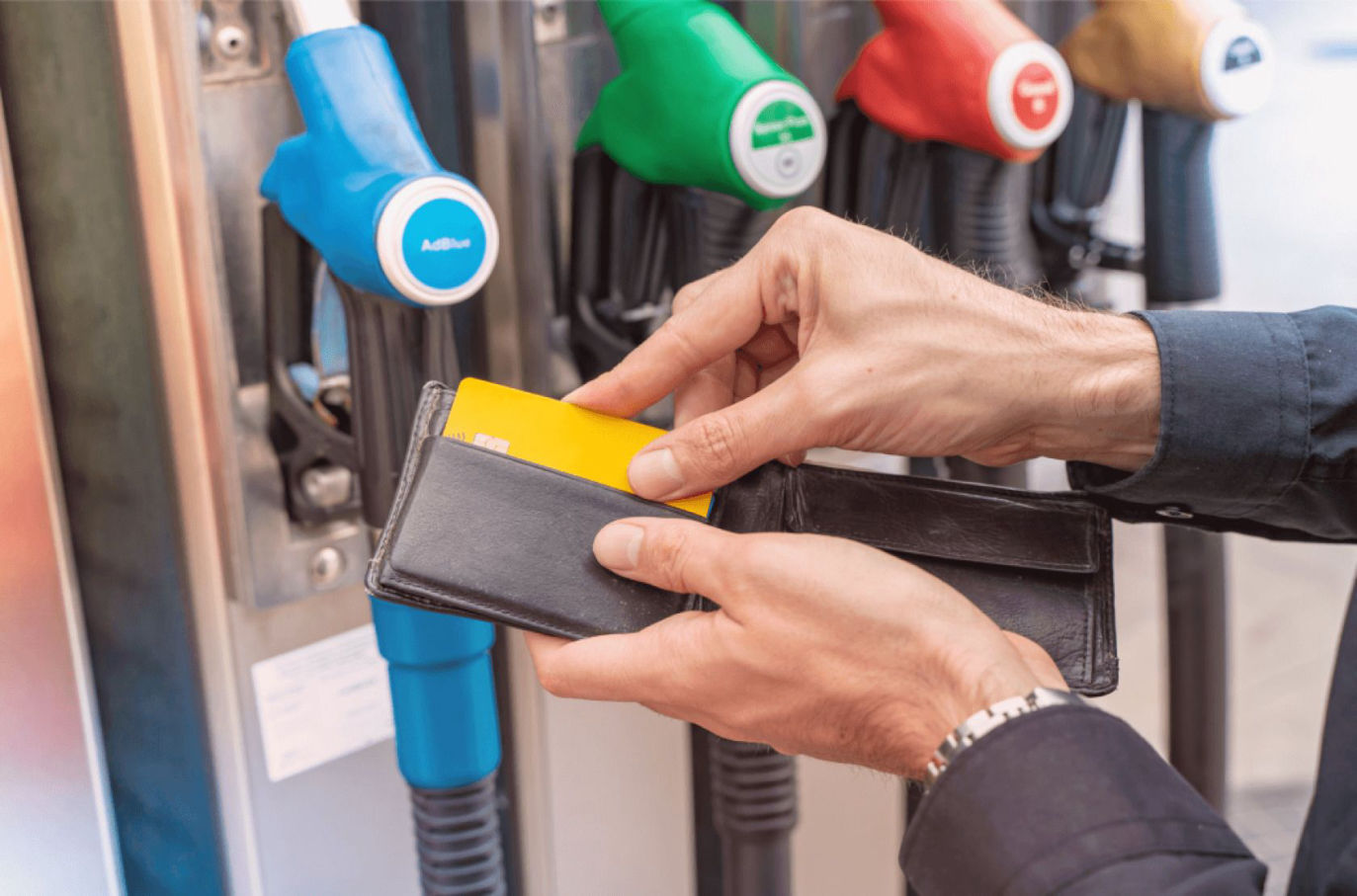Understanding the differences between these two types of payment methods can help business owners choose the best option for their specific needs. In this post, we will explore the characteristics of business gas cards and traditional credit cards to help you make an informed decision.
Understanding Business Gas Cards
Business gas cards are specialized payment cards designed specifically for purchasing fuel and other vehicle-related expenses. These cards are typically used by businesses that rely on transportation, such as delivery companies, trucking businesses, and sales teams that travel frequently. Business gas cards are often issued by major fuel providers like ExxonMobil, Shell, or BP, allowing businesses to purchase fuel at their gas stations.
One of the key benefits of using business gas cards is that they simplify the process of managing fuel expenses. These cards allow businesses to track fuel purchases easily, helping business owners stay on top of their transportation costs. Many business gas cards also offer features like detailed reports and expense tracking, which can be valuable for budgeting and tax purposes.
In addition, business gas cards may come with discounts, rewards, or loyalty programs that provide further savings on fuel purchases. Some gas cards also offer additional perks like roadside assistance or discounts on vehicle maintenance, which can be beneficial for businesses that depend heavily on their fleet of vehicles.
What Are Traditional Credit Cards?
Traditional credit cards are versatile financial tools that allow businesses to make purchases and borrow funds up to a certain credit limit. Unlike business gas cards, which are typically limited to fuel-related expenses, traditional credit cards can be used for a wide range of business-related expenses. This includes office supplies, equipment, travel, and even dining or entertainment expenses.
Traditional credit cards offer more flexibility compared to business gas cards, as they can be used anywhere that accepts credit card payments, both online and in-store. In addition, traditional credit cards often come with various rewards programs, including cash back, travel rewards, and points that can be redeemed for goods and services.
Business credit cards also provide important features such as fraud protection, purchase protection, and the ability to build business credit. By using a credit card responsibly and paying off the balance on time, business owners can establish a positive credit history, which can be beneficial when applying for loans or other forms of financing in the future.
Key Differences Between Business Gas Cards and Traditional Credit Cards
While both business gas cards and traditional credit cards are designed to help businesses manage their expenses, the key differences lie in their usage, flexibility, and features.
First, the primary difference between the two is that business gas cards are specifically tailored for purchasing fuel and related vehicle expenses. Traditional credit cards, on the other hand, can be used for a much broader range of business expenses. This makes traditional credit cards a more versatile option for businesses with diverse spending needs.
Another key distinction is that business gas cards typically offer fuel-related benefits, such as discounts or rewards on gas purchases. They may also provide expense tracking tools specific to fuel purchases, which can make accounting and budgeting easier for businesses with large fleets. Traditional credit cards, however, offer rewards across a variety of spending categories and can be used for almost any business expense.
Furthermore, traditional credit cards tend to offer a higher credit limit compared to business gas cards. This can be advantageous for businesses that need to make larger purchases or manage a higher volume of transactions. Business gas cards, on the other hand, are usually limited to fuel-related purchases, which means they may not provide enough flexibility for businesses that need to make other types of expenditures.
Benefits of Business Gas Cards
The main benefit of business gas cards is that they are designed to streamline the process of managing fuel expenses. They allow business owners to keep track of fuel purchases separately from other business expenses, making it easier to manage and analyze transportation costs. The rewards, discounts, and loyalty programs offered by many business gas cards can provide significant savings over time.
Additionally, business gas cards can help control spending by setting limits on fuel purchases for individual employees or vehicles. This can prevent overspending and ensure that fuel expenses are kept within budget.
Benefits of Traditional Credit Cards
Traditional credit cards offer broader flexibility compared to business gas cards. With a credit card, businesses can make purchases for a wide range of needs, from travel and office supplies to software and equipment. The rewards programs offered by many business credit cards can help businesses earn cash back or points, which can be used to reduce future expenses or redeem travel benefits.
Another benefit of traditional credit cards is that they help build business credit. By using a business credit card and paying off the balance on time, businesses can improve their credit score, which can lead to better financing opportunities down the road.
